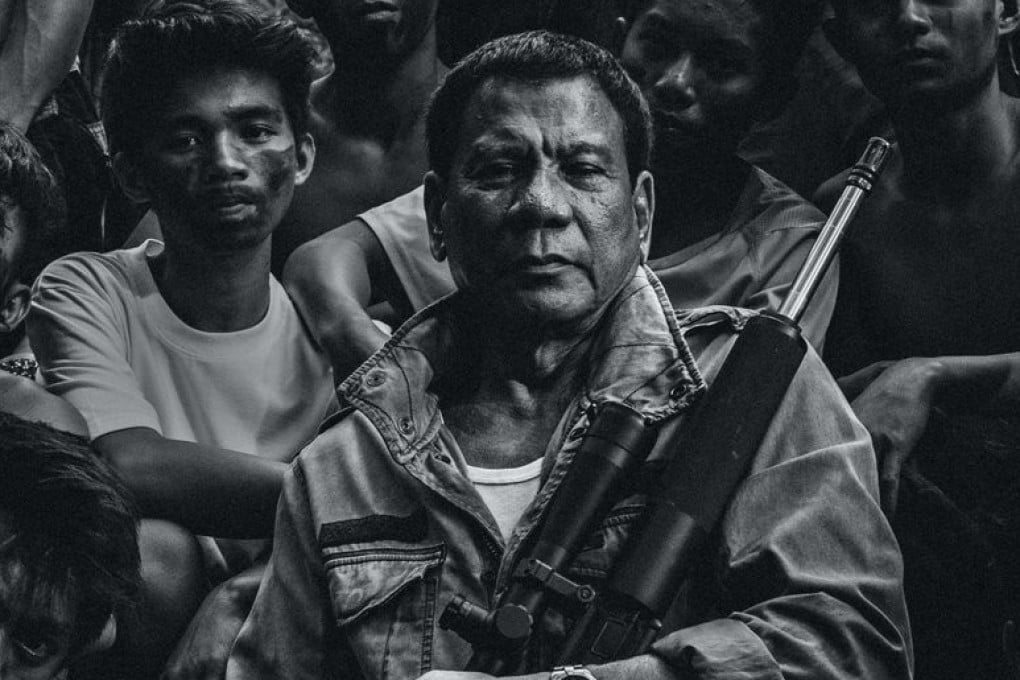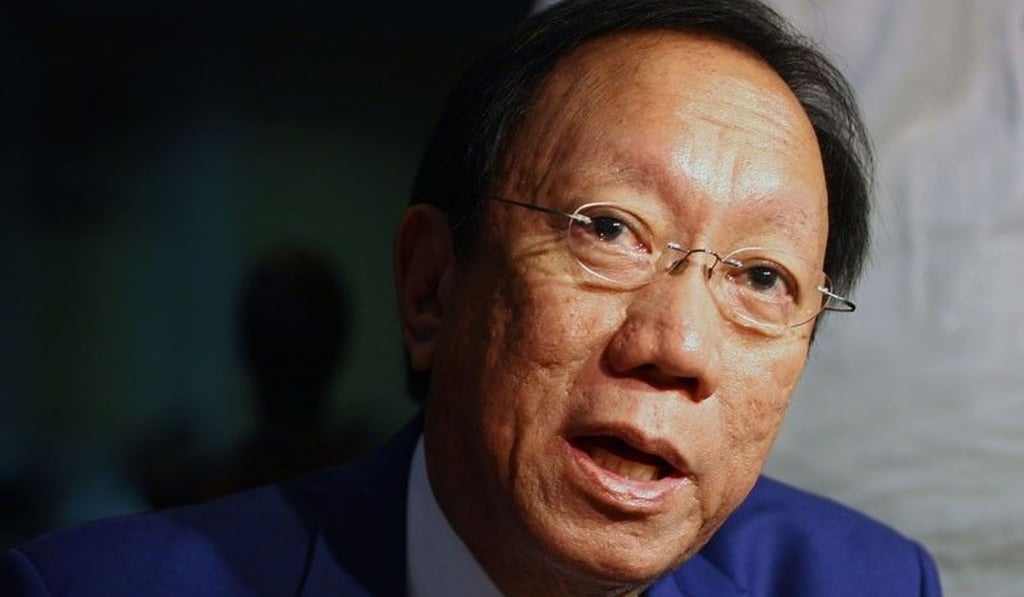Advertisement
Has Rodrigo Duterte squandered his one chance to transform the Philippines?
- The economy is doing well, but the Philippine president’s much vaunted ‘Build Build Build’ infrastructure programme appears to be flailing
- And recent moves against the media and the US reveal his propensity to go after personal enemies, even if it isn’t in the country’s best interests
3-MIN READ3-MIN

On Monday, February 10, Philippine Solicitor General Jose Calida filed a “quo warranto” petition against ABS-CBN – a perceived critic of Philippine President Rodrigo Duterte and the country’s most popular television station, with more than 72.3 million weekly viewers and a 47 per cent viewership share – in effect, attempting to force it off the air.
Then, the next day, Foreign Affairs Secretary Teodoro Locsin Jnr signed a notice terminating the country’s Visiting Forces Agreement (VFA) with the US.
Many see the Philippine strongman as an erratic, Trump-like figure. He is not. He is deliberate, determined and deadly. But time is running out for Duterte. The Philippines will soon be gearing up for the 2022 presidential polls for which the former mayor of Davao cannot stand – since the fall of late dictator Ferdinand Marcos in 1986, the country’s presidents can only hold office for one six-year term.
Advertisement
The question must be asked then, has Duterte squandered his chance to transform the nation?

Advertisement
While the economy is chugging along well, with 5.9 per cent GDP growth in 2019 according to the World Bank, his all-important “Build Build Build” infrastructure programme is moving far too slowly.
Advertisement
Select Voice
Select Speed
1.00x
